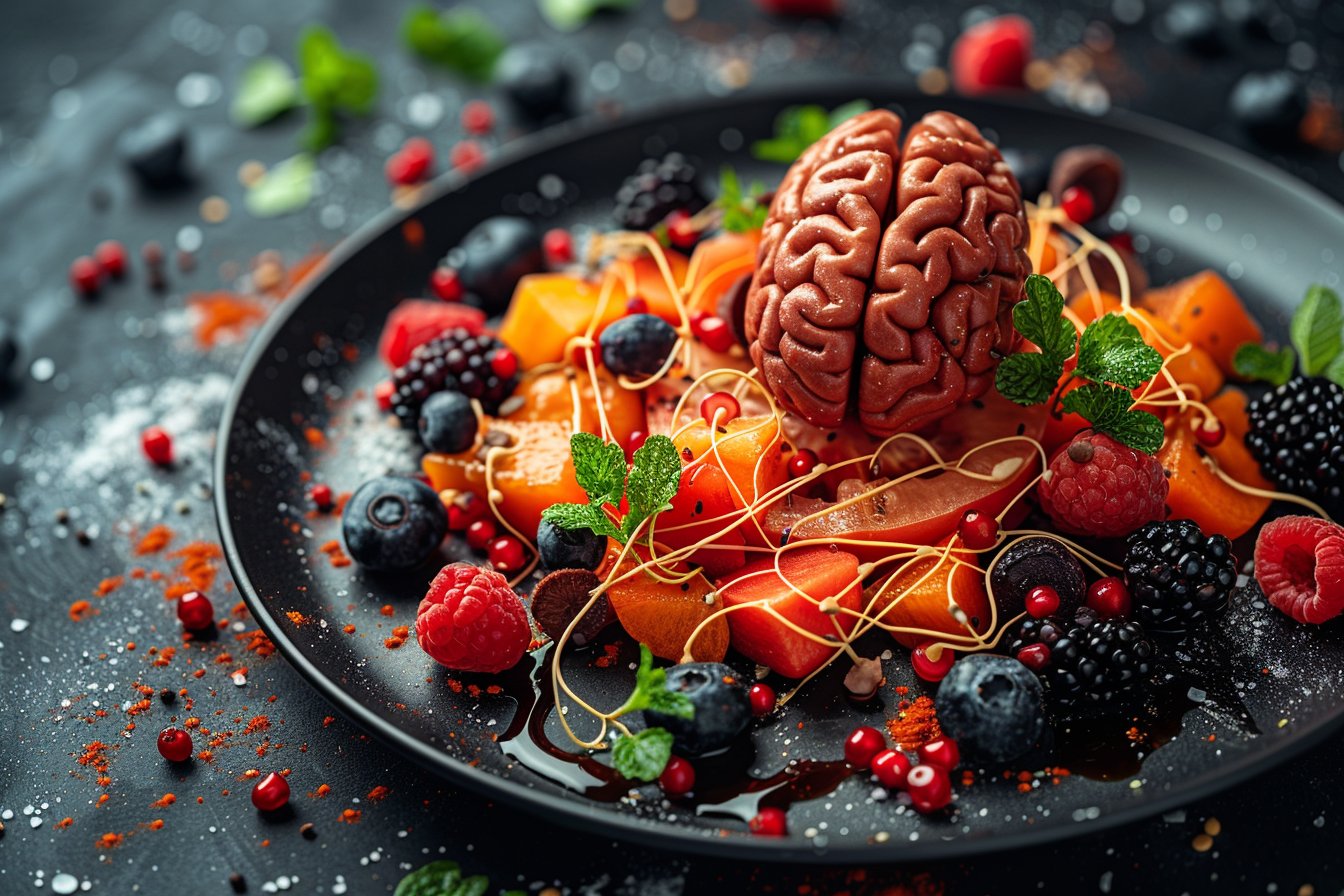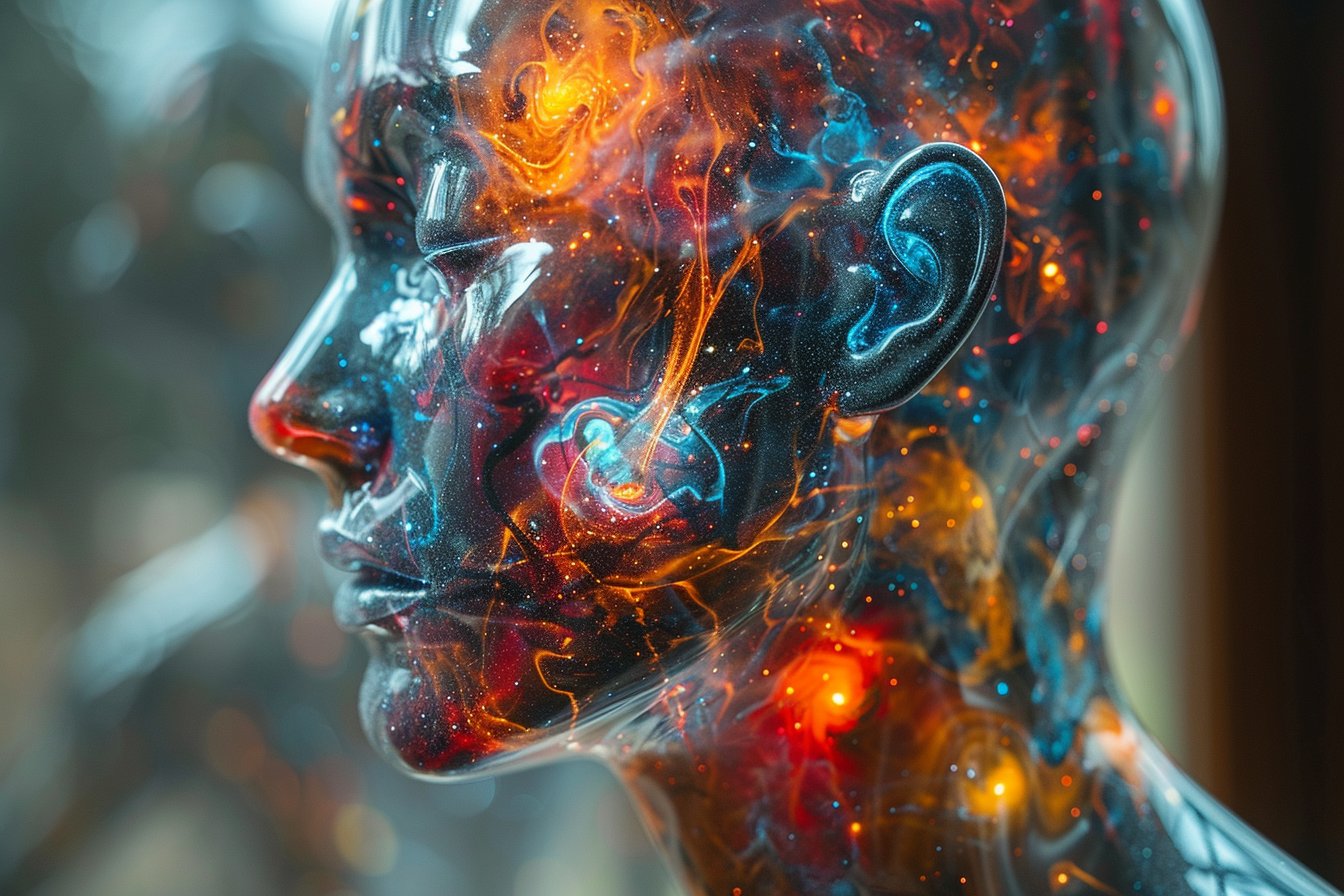In contemporary society, increased consumption of processed and fast food has caused the prevalence of obesity, heart disease, and other health conditions among adults. These issues have made individuals more conscious of their diets, focusing on the quality and types of food they consume to mitigate these risks. In this article, we delve into how dietary changes can significantly impact your body composition, both positively and negatively.
The Science Behind Food and Body Composition
Your body is constantly changing due to various factors such as age, activity level, and hormonal fluctuations. However, one of the most impactful factors influencing body change is the food you eat. This is because everything you consume is broken down by your digestive system into smaller molecules that are then absorbed and utilized by your cells for energy, growth, repair, and immune function.
Macronutrients and Their Role in Body Change
Diet plays a crucial part in determining the physical state of your body, particularly through macronutrient intake, which includes carbohydrates, proteins, and fats. Each macronutrient provides distinct functions within the body:
- Carbohydrates: The body’s primary source of energy; unused carbs are stored as glycogen or converted into fat.
- Proteins: Essential for tissue repair and building muscle mass; if consumed excessively, they can also be stored as fat or used for energy production.
- Fats: Vital for multiple cellular functions and hormone production; different types of fats (saturated, unsaturated, trans) can affect your body differently.
Achieving a balance among these macronutrients is essential for optimal health and body composition. By understanding the impact of each, individuals can better regulate their diet to suit their specific goals, whether it be weight loss, muscle gain, or overall well-being.
How Altering Your Diet Impacts Your Body
Dietary alterations not only affect your body’s appearance but also its internal processes and overall functionality. Below are some of the various ways that changing food habits can lead to different results:
Weight Loss or Gain
The balance between caloric intake and energy expenditure plays a significant role in determining an individual’s body weight. Excess calories are stored as fat, leading to weight gain, while a calorie deficit leads to the utilization of stored energy, resulting in weight loss. Adjusting one’s macronutrient consumption can further influence this process:
- Low-carbohydrate diets: Such diets have been associated with reduced appetite and increased satiety, which can aid in achieving calorie deficits for weight loss.
- High-protein diets: Increased protein intake has been linked to improved muscle retention during weight loss, which helps maintain metabolic rate and prevents weight gain.
- Fat modification: Replacing saturated fats with healthier unsaturated fats can help improve cardiovascular health and reduce the risk of weight-related disorders.
Muscle Building and Toning
Nutritional choices play a prominent role in developing muscle mass and tone. Consuming sufficient protein and calories provides the necessary building blocks for muscle growth and repair. Doing so can enhance athletic performance and create a more toned physical appearance.
Improved Health Marker Profiles
By making informed decisions regarding dietary choices, individuals can experience significant improvements in their health. These changes can include better glucose regulation, reduced cholesterol levels, and decreased inflammation. As a result, adults may lower their risk of developing chronic health conditions such as obesity and heart disease.
Factors Affecting the Transformation Process
While diet plays a substantial role in body change, several other factors may influence these transformations:
- Exercise: Regular physical activity enhances metabolism, stimulates muscle growth, and expedites fat loss.
- Genetics: Genetic makeup can impact an individual’s metabolic rate, propensity to gain or lose weight, and response to various dietary interventions.
- Hormonal Balance: Hormones regulate numerous processes within your body; imbalances can lead to weight gain, difficulties losing weight, or poor muscle development.
The Importance of Personalization
Given the multitude of factors affecting the relationship between food and body composition, it is crucial for individuals to approach their dietary choices with a personalized perspective. What works for one person might not have the same effect on another. By tailoring meals based on unique goals, preferences, and lifestyles, adults can foster a sustainable eating plan that promotes lasting results.
A Journey without a Definitive End
Understanding the potential power of food and its capacity to shape our bodies is a continuous process. As research evolves and sheds further light on the complexities surrounding nutrition and body composition, adults will always be adapting their diets to accomplish their objectives. The journey to improved health never truly ends, but rather, requires consistent experimentation, evaluation, and adjustment to meet ever-changing needs.







